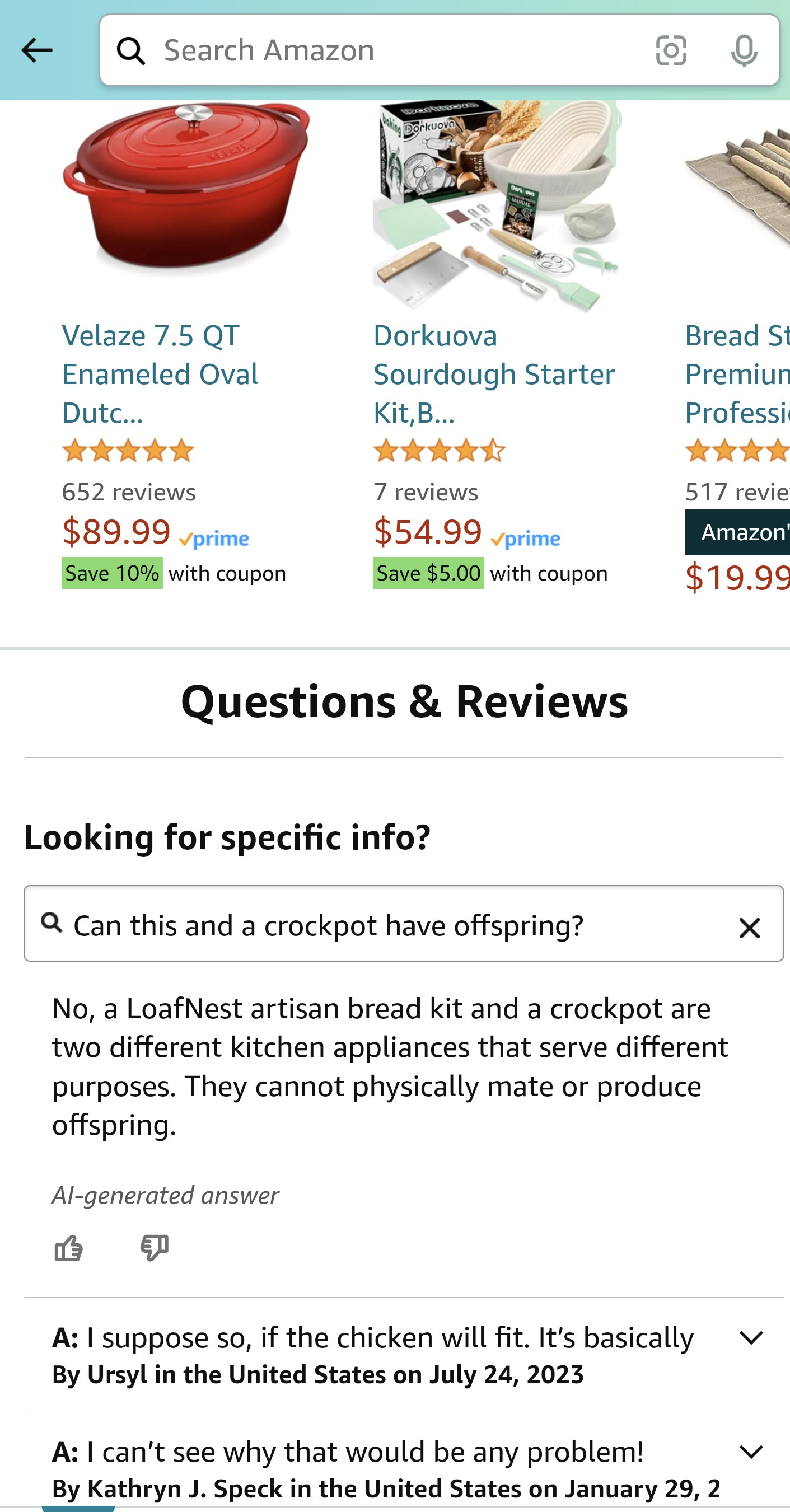Only because he’s white. If he was black, I would have said stereotypical black. I wasn’t addressing this at you. I’ll edit to say stereotypical douche bag frat boy turd thing.
This is why giving importance to “not the focus” of the message gets in the way. Now we aren’t talking about -insert meme here- anymore. We are talking about someone’s personal issue with how I phrased something. Honestly, just proves the point of getting distracted by irrelevant things.











I really don’t give a shit about internet famous people and now, I also don’t care why anyone else cares. I’m sorry I ever asked the question.